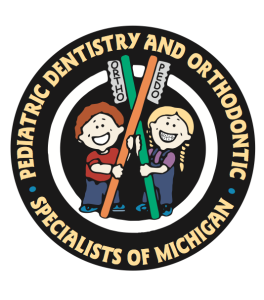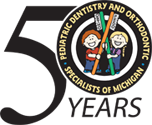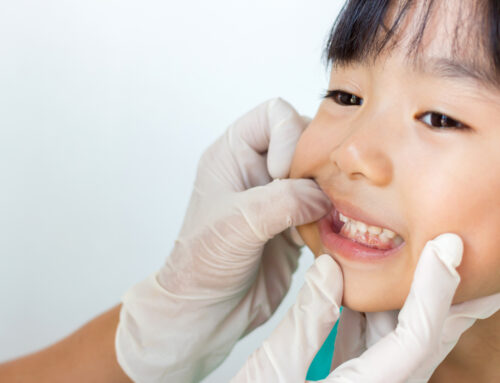Teething can be a rough period for growing babies, but it can seem even worse for the parents at times because no one wants to see their child suffer… and there’s that whole lack of sleep thing. After the initial period of unsettled living after bringing a newborn home a routine usually develops that gives a bit of restoration to our former lives. And just as soon as that arrives, it may disappear just as fast because of pain in the oral cavity.
Teething usually first occurs when a baby is between 6-8 months old — even though most children don’t see the protrusion of their first tooth until approximately 12-14 months. The lower central incisors, or two bottom teeth, are usually the first to arrive before the upper incisors follow suit. Then, the rest start to come in and about 20 teeth should be in at the age of two and a half.
Teething will happen regardless of whether parents are ready for it or not, so it’s better to be educated and prepared for when that time comes. It should make things a lot more bearable and maybe allow for a couple extra hours of sleep.
 One tip includes giving the child something to chew on, notably a firm rubber chewing ring. They should be solid (containing nothing inside) and not be plastic because that could pose a health risk from breaking. Gently rubbing gums with a cool, wet washcloth also helps ease the baby’s pain — and even a parent’s finger can be used because touch stimulation travels faster to the brain receptors and can sort of intercept the sensation of pain.
One tip includes giving the child something to chew on, notably a firm rubber chewing ring. They should be solid (containing nothing inside) and not be plastic because that could pose a health risk from breaking. Gently rubbing gums with a cool, wet washcloth also helps ease the baby’s pain — and even a parent’s finger can be used because touch stimulation travels faster to the brain receptors and can sort of intercept the sensation of pain.
Soft foods like yogurt and apple sauce can help make chewing simpler and water in a sippy cup or bottle can be helpful for two reasons: it gives the baby something to put in its mouth, and it also doesn’t cause tooth decay. If the child is really suffering, pain relievers can be used but we recommend the palliative options above before resorting to that approach.
Above all, monitor the baby’s teething and ask a dentist about it an early age. Seeing a dentist within the first year is important because it helps the child gain experience at the dental office, can intercept parent/child behaviors that could be harmful to the teeth or gums, and it will be educational for what to expect as your child develops. Our pediatric dentists specialize in early childhood dental experiences. We look forward to sharing our knowledge and caring with you at your next appointment.
About Pediatric Dentistry and Orthodontic Specialists of Michigan, the offices of Drs. Delaney, Plunkett, Ralstrom, Makowski, Thanasas, Ker, and Associates
Pediatric Dentistry and Orthodontic Specialists of Michigan have specialized in pediatric dentistry and orthodontics since 1968. Our family-friendly office gives patients and families a more comfortable and consistent experience with dentistry from the very beginning. The pediatric dentists treat children from newborn to 18 years of age while our orthodontists provide care for both children and adults, including being an Invisalign preferred provider. The ability to treat all special needs patients reaches beyond our facility, which has treatment rooms available for children who require additional privacy. Valued hospital affiliations allow dental services to be performed at DMC Children’s Hospital and St. John’s Hospital Macomb when needed. Our specialists are also on staff at Henry Ford and Beaumont hospitals.




